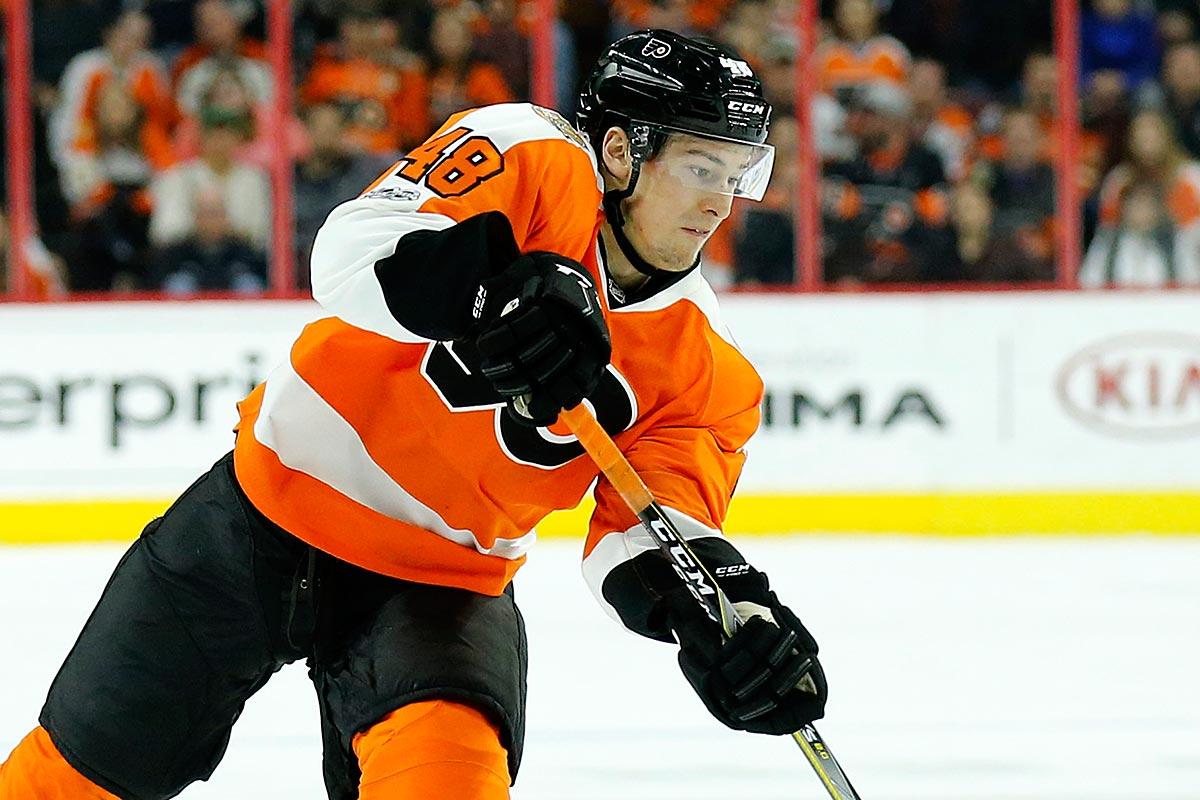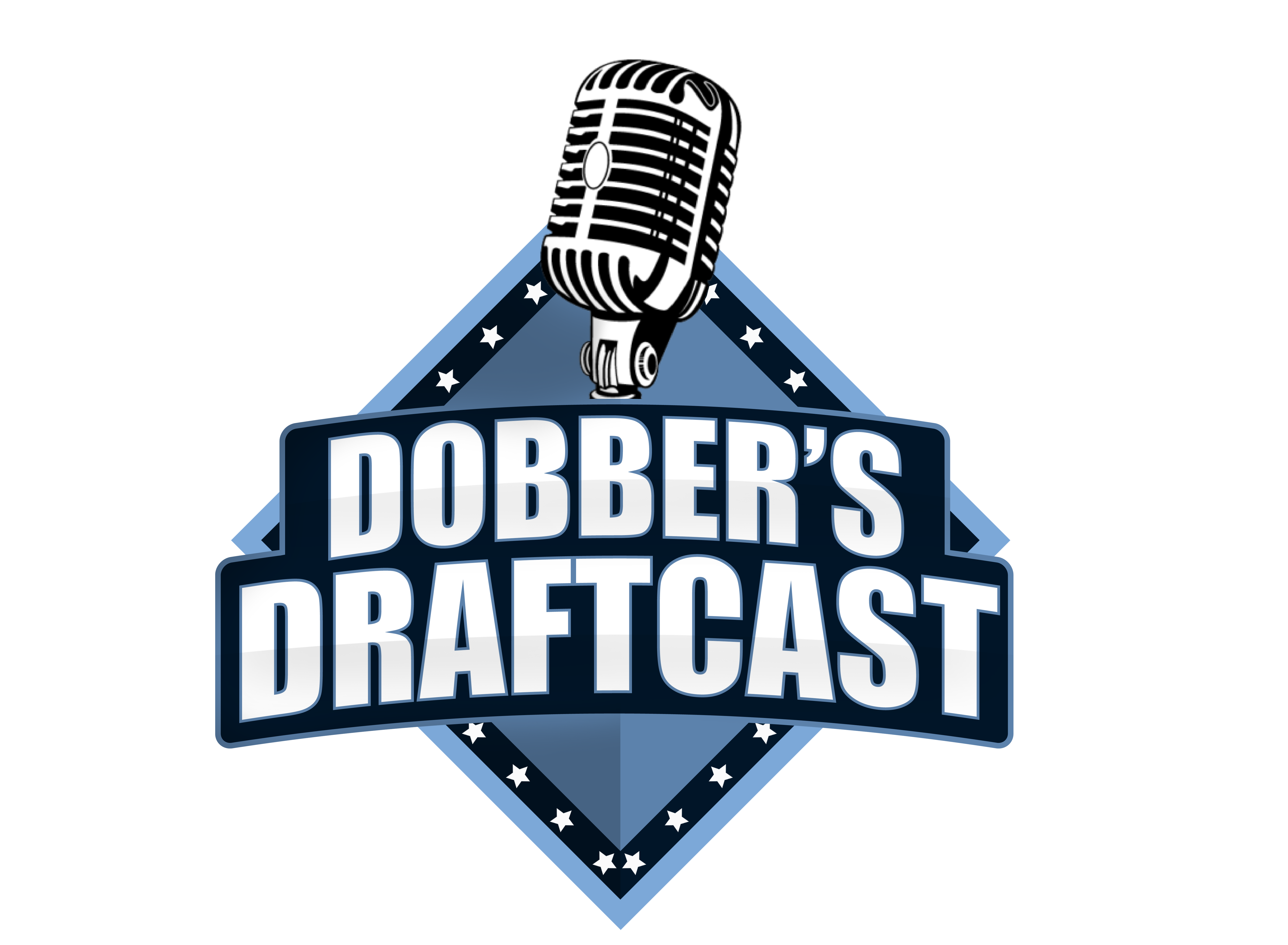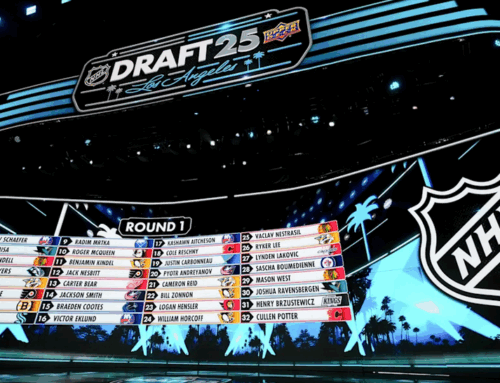Prospect Ramblings: Do rookies need to hit anymore?
Hayden Soboleski
2017-12-24

***
Happy holidays everybody! I planned on keeping this ramblings short, but once again got sucked into answering a question that I've been debating with people recently…
Not long ago, when rookies earned their ice time starting low in the lineup and worked their way up regardless of their talent or scoing pedigree, rookies were expected to be able to play a physical "bottom six" style game before they got the big minutes to show off their scoring. If a player was too "soft" to handle small minutes, chances are they weren't getting a real chance until injury struck or the team became desperate. That's what it felt like anyways as a fan, so I wanted to actually look into this and find out:
1. Does a rookie's hitting totals correlate at all with the ice time the are receiving?
2. Is the ice-time correlation better with hits than points?
My expectation going into this was that there would be a slight correlation between hitting and TOI, but that the star players would be the outliers – they can get away without hitting but everyone else still needs to.
Lets look at a bunch of numbers. These plots are a collection of data from roughly forty 2017-18 rookies:

These plots are showing an obvious lack of correlations. There are both high- and low-hitting players receiving both big TOI and less TOI. My question may be answered as simply as that. But before quitting I want to look at the results by position…

Once again, not much happening here. I thought there would at least be a correlation between TOI and hits, but it appears to not be the case. It doesn make sense that the highest hitting and point-scoring dmen do happen to be at the high end of TOI.
Now for forwards…

These graphs are the most interesting of the article so far.
The points graph makes sense – more ice time is clearly leading to more points, who'd have thought?
The hits graph is interesting because it may be showing a negative relationship – that smaller TOI actually leads to more hits. This does pass a sanity check – since its typically the bottom-six guys who are responsible for doing the hitting. And contrary to what it seemed like years ago – the guys who have earned themselves bigger minutes are definitely not doign it by hitting more. All of the highest TOI values are coming from players with less than 25 hits on the season.
So, turns out that overall there isn't much correlation between hitting and how many minutes a rookie earns these days. When it comes to forwards, players are receiving big minutes without finishing checks, and aming dmen there's no patterns to speak of. A slightly disppointing investigation overall, but still interesting (hopefully). If there's a lesson to take from this: dont be afraid of drafting "soft" skill guys who never hit, because if they're talented enough they are going to earn serious minutes, even as rookies, regardless of the hits column on the stat sheet.
***
Thank you for reading, and happy holidays! Enjoy the family time and WJC!
Hayden Soboleski
@soboleskih






